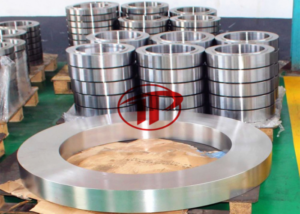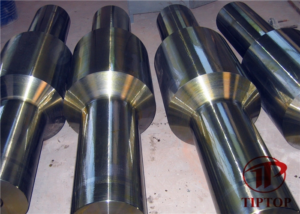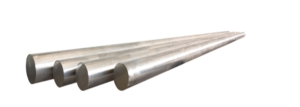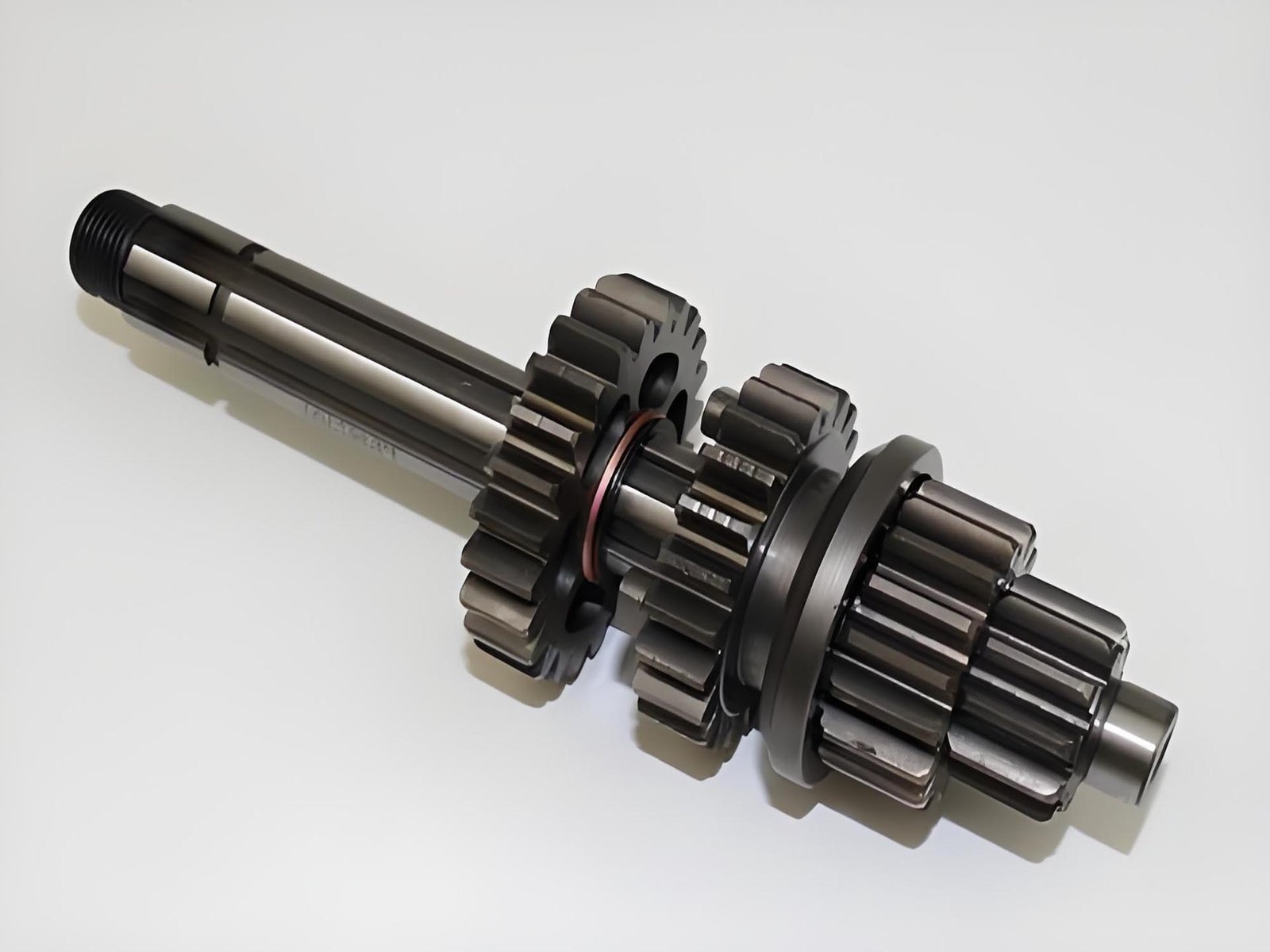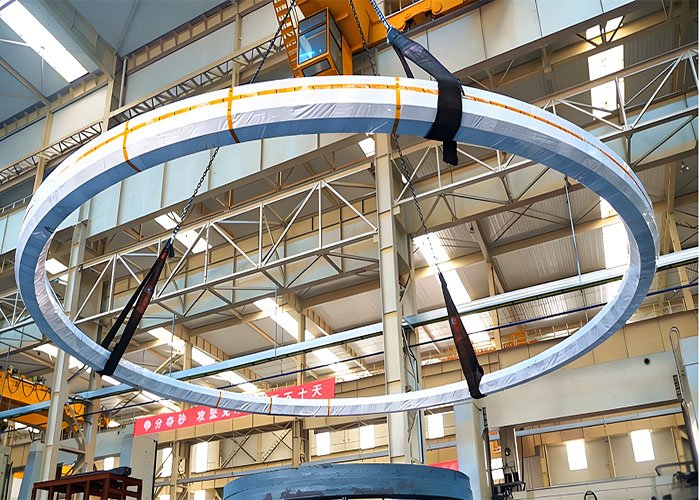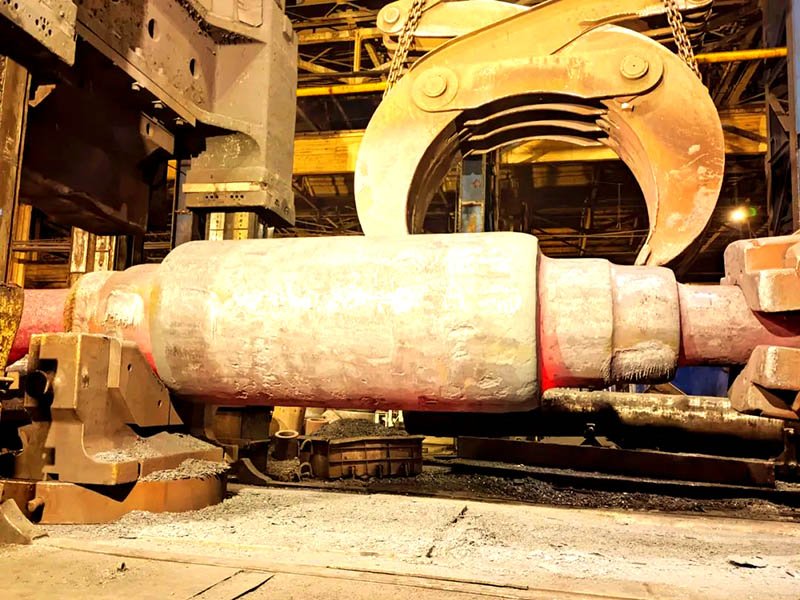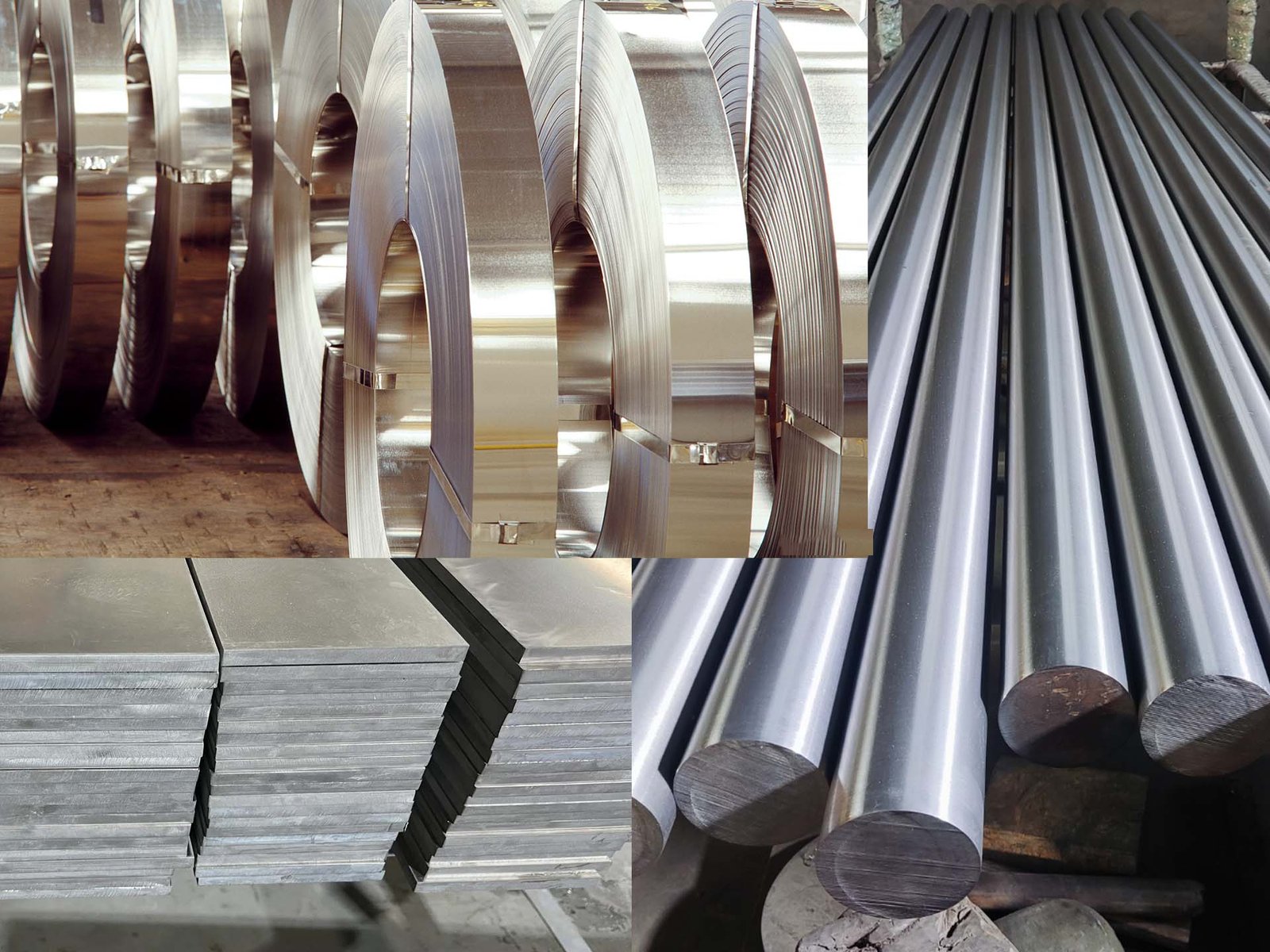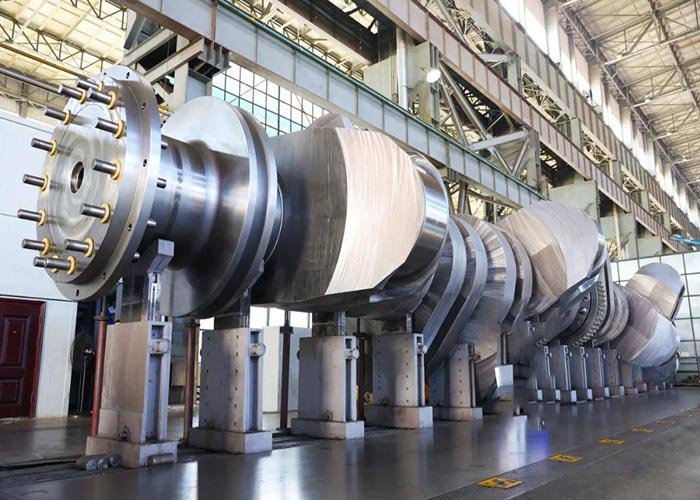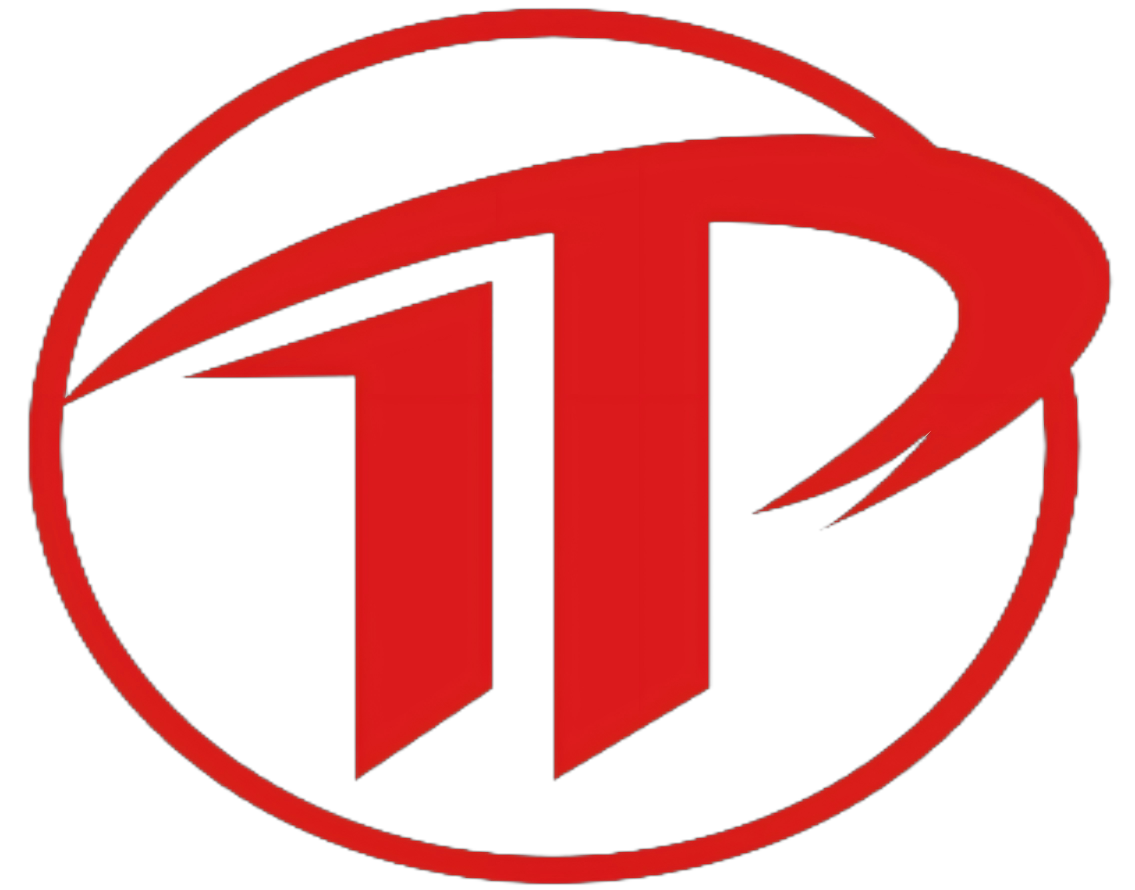Introduction: The Rising Demand for Titanium Forgings
Why Titanium Forgings Are Essential in Modern Engineering
Titanium forgings are turning into the go-to answer for indispensable factors in aerospace, medical, marine, and industrial applications. Their unmatched strength-to-weight ratio, corrosion resistance, and fatigue overall performance make them fundamental in high-stakes environments.
1.Challenges in Sourcing High-Quality Titanium Parts
Despite titanium
’
s advantages, its excessive reactivity, machining complexity, and forging sensitivity make exceptional manipulate a main challenge. Poorly solid titanium can lead to highly-priced disasters in mission-critical applications.
The Role of a Reliable Supplier
A depended on titanium forging dealer performs a pivotal position in making sure product integrity. From fabric traceability to engineering support, top-tier suppliers assist mitigate risks, enhance efficiency, and make certain regulatory compliance.
Key Criteria Top Engineers Use to Evaluate Titanium Forging Suppliers
2. Precision and Dimensional Consistency
Engineers look for suppliers with advanced forging and machining capabilities that ensure minimal variation across high-volume orders, including:
Tight tolerances
Near-net shaping
Minimal post-forging finishing
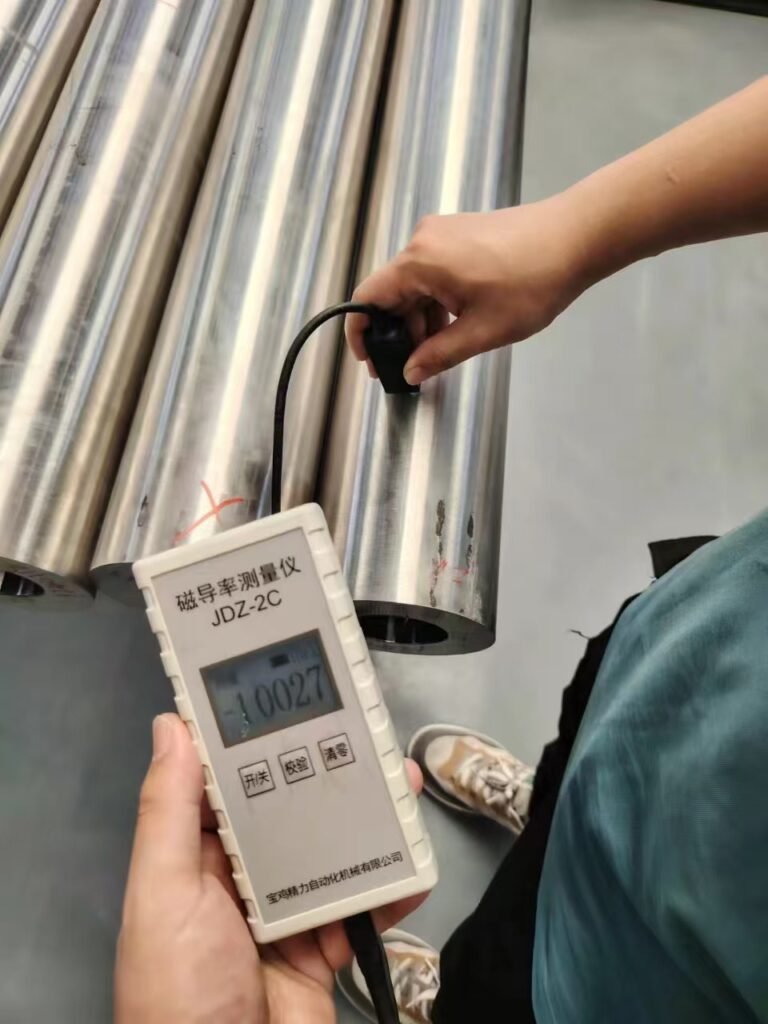
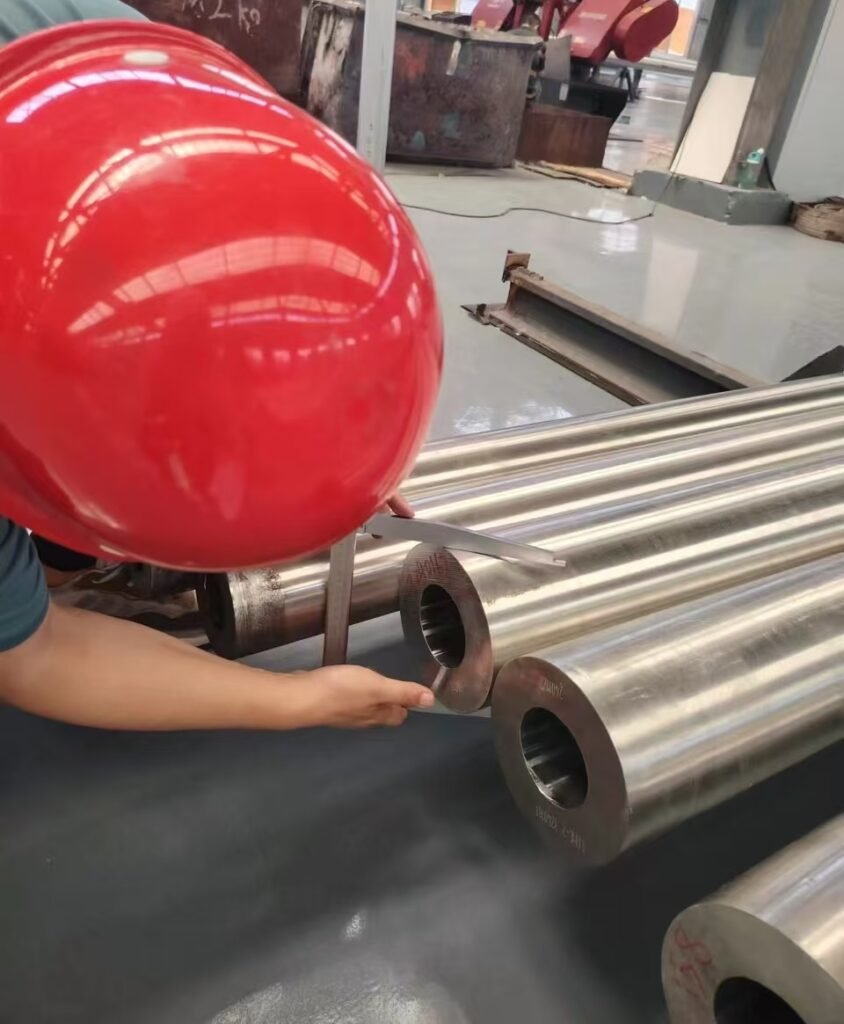
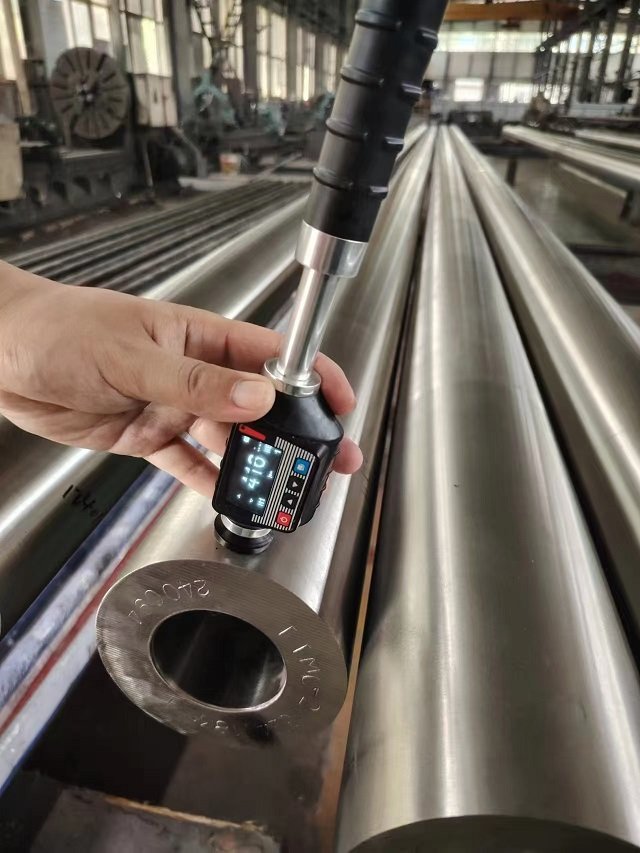
3. Material Traceability and Compliance
Top engineers demand full traceability of titanium billet sources, testing data, and alloy certifications. Suppliers must comply with:



to ensure alloy integrity and safety compliance.
4. Industry Reputation and Case Studies
Suppliers with proven track records in aerospace, medical, or energy sectors offer more credibility. Engineers often look for:
Testimonials
Third-party audits
Documented success stories
Benefits of Working with Leading Titanium Forging Suppliers
Access to Advanced Forging Technologies
Top suppliers use processes such as:
Isothermal forging for complex geometries and microstructure control
Hot die forging for enhanced material flow
Closed-die forging for precision-critical parts
Customization and Engineering Support
Leading suppliers provide DFM (Design for Manufacturability) feedback, CAD/CAM integration, and rapid prototyping to support engineers from concept to production.
Fast Lead Times and On-Time Delivery
Reliable partners use vertical integration and automation to guarantee:
Shorter production cycles
Agile response to urgent orders
Just-in-time delivery models
No Compromise Between Quality and Cost
Through lean manufacturing, optimized material yield, and automated forging lines, these suppliers deliver competitive pricing without cutting corners on quality.
Sustainable and Responsible Manufacturing
With increasing ESG regulations, responsible titanium forging suppliers adopt:
Recycled titanium feedstock
Low-emission production methods
Waste minimization programs
Real-World Applications of High-Quality Titanium Forgings
Aerospace Components
Landing gear assemblies
Jet engine parts
Structural airframe fittings
Titanium’s high fatigue strength and lightweight nature reduce fuel consumption and improve flight safety.
Medical Devices
Bone implants (hip, knee, spinal)
Surgical instruments
Titanium’s biocompatibility and strength make it ideal for long-term human implantation.
Marine and Offshore Engineering
Subsea connectors
Corrosion-resistant fasteners
Titanium performs exceptionally in saltwater environments with zero galvanic corrosion.
High-Performance Industrial Equipment
Chemical processing valves
High-temperature turbine components
Used where aggressive environments demand both strength and corrosion resistance.
Conclusion: Choosing the Right Titanium Forging Partner
A top-performing titanium forging dealer is now not simply a supplier — they’re a strategic partner. For engineers working on precision-critical and safety-sensitive applications, selecting a provider with confirmed expertise, international compliance, and engineering help can make the distinction between failure and success.
Ready to associate with a titanium expert?
Let us assist you graph and supply the ideal titanium forging solution.
FAQs
What certifications should a titanium forging supplier have?
Look for AS9100, ISO 9001, NADCAP, and ISO 13485 depending on your industry. These confirm quality assurance processes and traceability.
How do I evaluate a supplier’s forging capabilities?
Ask for:
Equipment specifications
Material sourcing transparency
Case studies or samples
Testing protocols (UT, RT, dye penetrant)
Are titanium forgings more expensive than steel?
Yes, but the lifecycle value often justifies the cost. Titanium lasts longer in aggressive environments and can reduce component weight dramatically — especially valuable in aerospace and automotive sectors.

